Hospital-Based Abortion Care in Illinois: Meet CAF’s Complex Care Team
As we celebrate 40 years of CAF, we’re honoring activists and partners past and present who shape our work and strengthen abortion access.
This month, we’re spotlighting some members of CAF’s Complex Care team — Rachel, Ariana, and Jenny — who support people needing hospital-based abortion care with compassion, advocacy, and dignity. Each brings the perspective of growing up in states where abortion access has been banned or severely restricted, and they draw on those lived experiences in how they approach their work at CAF.
Ariana is from Indiana, where lawmakers passed a ban just months after Dobbs. Jenny is from Wisconsin, where a “zombie abortion ban” briefly went into effect until the state supreme court struck it down in June 2025. Rachel grew up in Florida, where a six-week ban is now law, and sees her work at CAF as a way of giving back to the community that raised her. Together, their lived experiences strengthen their commitment to callers navigating the shifting landscape of abortion access post-Dobbs.
What brought you to this work?
Ariana: “In grad school I wasn’t sure where I’d go with my MSW, but outside of class I was organizing with Hoosier Asian American Power. That’s where I first got in-depth reproductive justice training, and I realized this was the work I wanted to keep doing. Abortion funds are so different from other organizations — the way people get direct support without it being transactional really inspired me.”
Jenny: “I studied Gender & Women’s Studies and always knew abortion was fundamental to my beliefs. I was working at a university when Dobbs came down, and I had students asking me questions I wasn’t allowed to fully answer because of the school’s religious affiliation. That was a turning point. I wanted to do more, and I wanted to stay local in the Midwest, where access is so misunderstood but so urgent.”
Rachel: “My background is in social work and doula training, with a reproductive justice lens. Supporting people in all reproductive decisions — whether becoming a parent or not — has always been central for me. I grew up in Florida, and it feels surreal to now support so many callers from there, knowing how hostile the laws are. Working at CAF is a way to give back to the community that raised me.”
Why does hospital-based abortion care matter?
Ariana: “There can be a lot of unexpected barriers with hospital care, especially when someone expects to go to a freestanding clinic. Many callers travel to Chicago thinking their appointment will be at Planned Parenthood or FPA, and then during a health screening they’re referred to a hospital instead. That can mean longer travel, extended stays, and a lot of stress. CARLA helps streamline all the support they need.”
“We also run the Placenta Evaluation Project (PEP), which connects callers with same-day ultrasound sites if further imaging is needed. Sometimes that imaging confirms hospital care, but other times it means they can return to their original clinic. It reduces delays and confusion, which makes a huge difference.”
Rachel: “Hospital-based cases often come with staggering costs — sometimes $20,000–$30,000. Being able to tell someone we can lift that burden, and even cry together about it, is incredibly powerful. Our partnerships with hospitals also give me hope, because there are providers and administrators who care deeply about this work and will fight the system alongside us.”
Jenny: “For me, what’s unique is that hospital calls let us humanize an experience that can otherwise feel sterile. People need space to process their emotions, as well as the procedure. We help them name what they’re experiencing as abortion care and meet them with humanity in a setting that doesn’t always offer that.”
Where do you find joy or grounding in this work?
Ariana: “Seeing people publicly support abortion funds makes me hopeful — whether it’s my own friends or family sharing CAF posts, or just the broader culture recognizing our role. Those moments remind me that abortion funds are shifting the conversation.”
Jenny: “Honestly, it’s the little human moments. Sometimes we’ll laugh on the phone, or I’ll get a text about a caller trying Chicago deep-dish pizza or seeing the Bean for the first time. In the middle of really heavy days, those reminders that we’re just people connecting with each other keep me going.”
Rachel: “I find energy in our allies — the hospital staff and volunteers who come together to remove barriers. One example is our new ‘Responsible Adult Program,’ where volunteers meet patients after anesthesia to make sure they get home safely. It’s such a simple, mutual-aid style solution, and it shows me how many people are willing to step in.”
What do you wish supporters knew?
Rachel: “Just how expensive hospital care is. Covering a $10,000 bill can be life-changing for someone, and with CAF’s support, we’ve been able to do that.”
Jenny: “That everything we do sometimes has to be done in another language. I translate Spanish, but we also use interpreter lines. It means the work can take two or three times longer, and it requires creativity. But making sure people understand their care is part of empowerment.”
Ariana: “I wish people knew how much thought goes into making care seamless when plans change suddenly. Something as simple as connecting someone to an ultrasound site the same day can mean the difference between staying on track or facing days of delays.”
Every day, Rachel, Ariana, and Jenny show that abortion access is about more than funding. It’s about building trust, affirming people’s experiences, and ensuring care is compassionate, culturally competent, and free from stigma.
Support the CARLA Team! Hospital-based abortion care can cost tens of thousands of dollars. Your investment in CAF helps cover these life-changing bills and ensure every caller is met with compassion, dignity, and support. Donate here.
